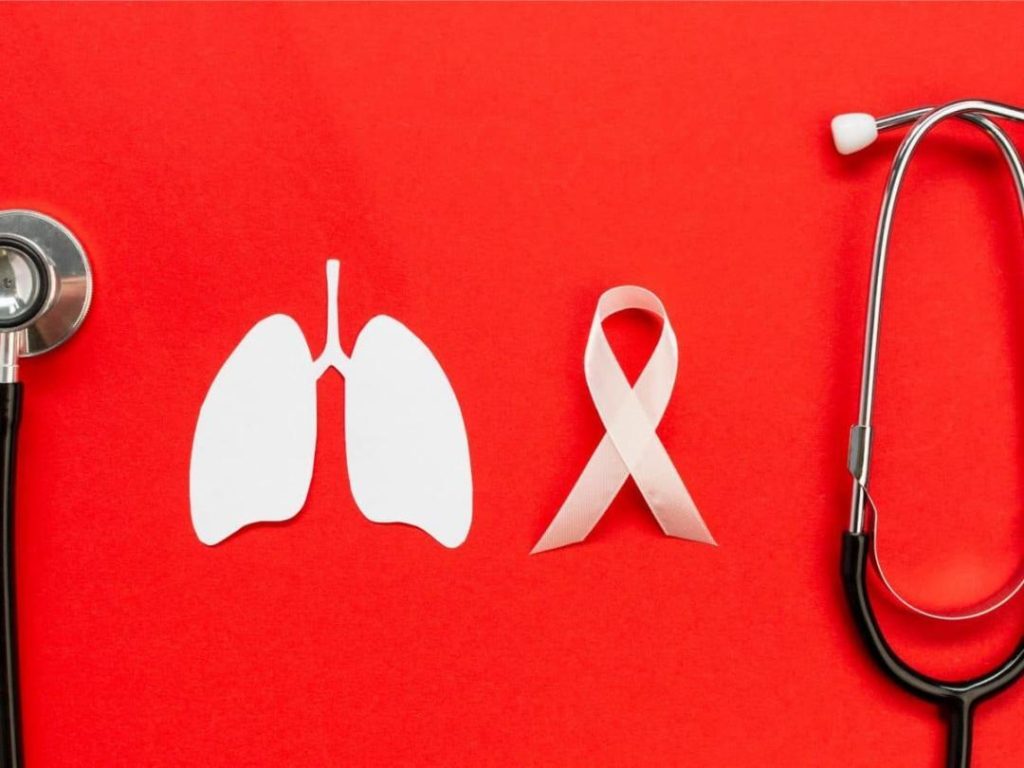
AstraZeneca’s Durvalumab gets CDSCO nod for lung cancer treatment
In a significant breakthrough in the treatment of lung cancer, AstraZeneca Pharma India has received approval from the Central Drugs Standard Control Organisation (CDSCO) for its novel indication of Durvalumab in treating limited-stage small cell lung cancer (LS-SCLC) post-chemoradiation. This milestone marks a major advancement in early-stage lung cancer care, offering new hope for patients and their families.
Durvalumab, a human monoclonal antibody, has been shown to improve patient outcomes and survival rates in the ADRIATIC trial, a Phase III clinical study that investigated the efficacy and safety of Durvalumab in combination with etoposide and carboplatin chemotherapy in patients with extensive-stage small cell lung cancer (ES-SCLC). The trial’s results demonstrated a statistically significant improvement in overall survival (OS) and progression-free survival (PFS) for patients who received Durvalumab in addition to chemotherapy, compared to those who received chemotherapy alone.
The approval of Durvalumab for the treatment of LS-SCLC post-chemoradiation is a significant development in the treatment of early-stage lung cancer. Historically, patients with LS-SCLC have had limited treatment options, and survival rates have been poor. The approval of Durvalumab offers a new and effective treatment option for patients with this aggressive form of lung cancer, improving their chances of long-term survival.
The ADRIATIC trial demonstrated that Durvalumab in combination with etoposide and carboplatin chemotherapy significantly improved overall survival and progression-free survival for patients with ES-SCLC, compared to chemotherapy alone. The trial’s results also showed that Durvalumab was well-tolerated, with a safety profile similar to that of chemotherapy alone.
The approval of Durvalumab for the treatment of LS-SCLC post-chemoradiation builds on AstraZeneca’s commitment to improving the treatment of lung cancer. The company has a comprehensive portfolio of lung cancer treatments, including Tagrisso, which has been shown to improve survival rates for patients with non-small cell lung cancer (NSCLC).
“We are pleased to have received CDSCO approval for Durvalumab’s new indication in treating limited-stage small cell lung cancer post-chemoradiation,” said said AstraZeneca India’s Country President, Rohan Panday. “This approval is a testament to our commitment to improving the treatment of lung cancer, and we look forward to making Durvalumab available to patients in India as soon as possible.”
The approval of Durvalumab for the treatment of LS-SCLC post-chemoradiation is a significant development in the treatment of early-stage lung cancer. It offers a new and effective treatment option for patients with this aggressive form of lung cancer, improving their chances of long-term survival.
Lung cancer is a leading cause of cancer-related deaths worldwide, and small cell lung cancer is the most aggressive and deadliest form of the disease. According to the National Cancer Institute, the five-year survival rate for patients with SCLC is around 25%, compared to around 50% for patients with NSCLC.
The approval of Durvalumab for the treatment of LS-SCLC post-chemoradiation is a significant advancement in the treatment of early-stage lung cancer, and it offers new hope for patients and their families. It is a testament to the ongoing efforts of researchers, clinicians, and pharmaceutical companies to improve the treatment of lung cancer and improve patient outcomes.
In conclusion, the approval of Durvalumab for the treatment of LS-SCLC post-chemoradiation is a significant development in the treatment of early-stage lung cancer. It offers a new and effective treatment option for patients with this aggressive form of lung cancer, improving their chances of long-term survival. AstraZeneca’s commitment to improving the treatment of lung cancer is a testament to the company’s dedication to improving patient outcomes and improving the lives of patients with lung cancer.
Source:
https://www.healthcareradius.in/clinical/treatment/astrazeneca-lung-cancer






